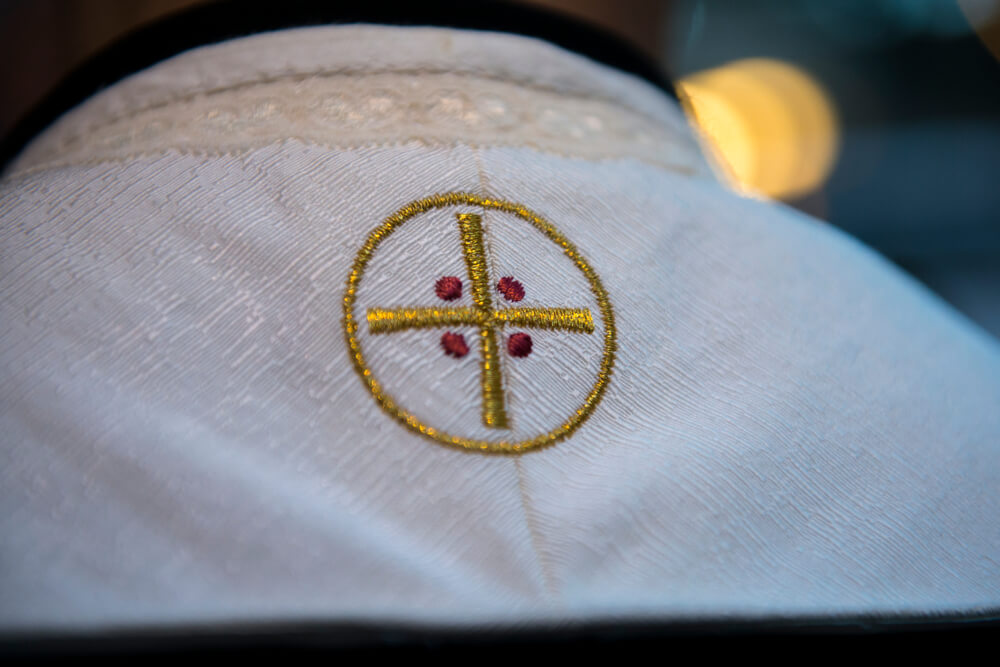For many Catholics, there can be confusion or simply a lot they don’t know about the sacrament of the Anointing of the Sick. In some ways this is understandable. Typically before you receive any other sacrament you go through a process of formation and preparation so that you understand what you are undertaking. But there isn’t really a sacramental program for Anointing of the Sick.
Recently on The Patrick Madrid Show Patrick took a call from a priest who had his own questions about the Anointing of the Sick. That led to a flood of calls pouring in from listeners across the country who had questions about this sacrament and their own experiences with it.
Patrick told listeners, “If you decline in health, whether because of old age or serious illness, you find yourself at a time when death is possible, maybe even likely, then please do not hesitate to ask for the sacrament of Anointing of the Sick. Ask for it. Plead for it if necessary. And the same is true if a loved one of yours is in the hospital. Ask the priest to give the sacrament of Anointing.”
During this discussion, Patrick emphasized the importance of the Apostolic Pardon for the dying that is available with the Anointing of the Sick.
“The Apostolic Pardon is a special blessing,” he explained. “It’s an indulgence that priests have the authority to grant to somebody who is dying. It’s a plenary indulgence.”
The Catechism of the Catholic Church tells us that an indulgence is a “remission before God of the temporal punishment due to sins whose guilt has already been forgiven. … Every sin, even venial, entails an unhealthy attachment to creatures, which must be purified either here on earth, or after death in the state called Purgatory. This purification frees one from what is called the ‘temporal punishment’ of sin.”
Typically an Apostolic Pardon is something only the pope can give, and a plenary indulgence requires one to also go to Confession, receive Holy Communion, and pray for the intentions of the pope. But that is not the case for those who are dying.
“If the person who is dying is properly disposed to receive this indulgence they don’t have to go to Mass, they don’t have to go to Confession, there’s nothing else they have to do,” Patrick said. “This indulgence can be granted to them then and there by the priest.”
One beautiful gift of the Apostolic Pardon is that it can give great hope and peace to those who are dying, as well as their loved ones. They can know that after they pass from this earthly life they will be warmly welcomed into the arms of Our Heavenly Father.
“What that means is that if Grandpa is dying and he receives the last sacraments, and the priest grants him the Apostolic Pardon, if Grandpa is spiritually disposed to receive it then Grandpa will go straight to heaven,” Patrick said.
“Of course, only God knows that with exact certitude,” he acknowledged. “But we have a moral certainty that because of that plenary indulgence all of the effects of sin that have been forgiven, and all the necessity to do penance, has been mitigated by this wonderful gift of the Apostolic Pardon.”
Listen to the full conversation with Patrick below:
The Patrick Madrid Show airs weekdays from 8:00 – 11:00 a.m. Central on Relevant Radio® and the Relevant Radio App.


